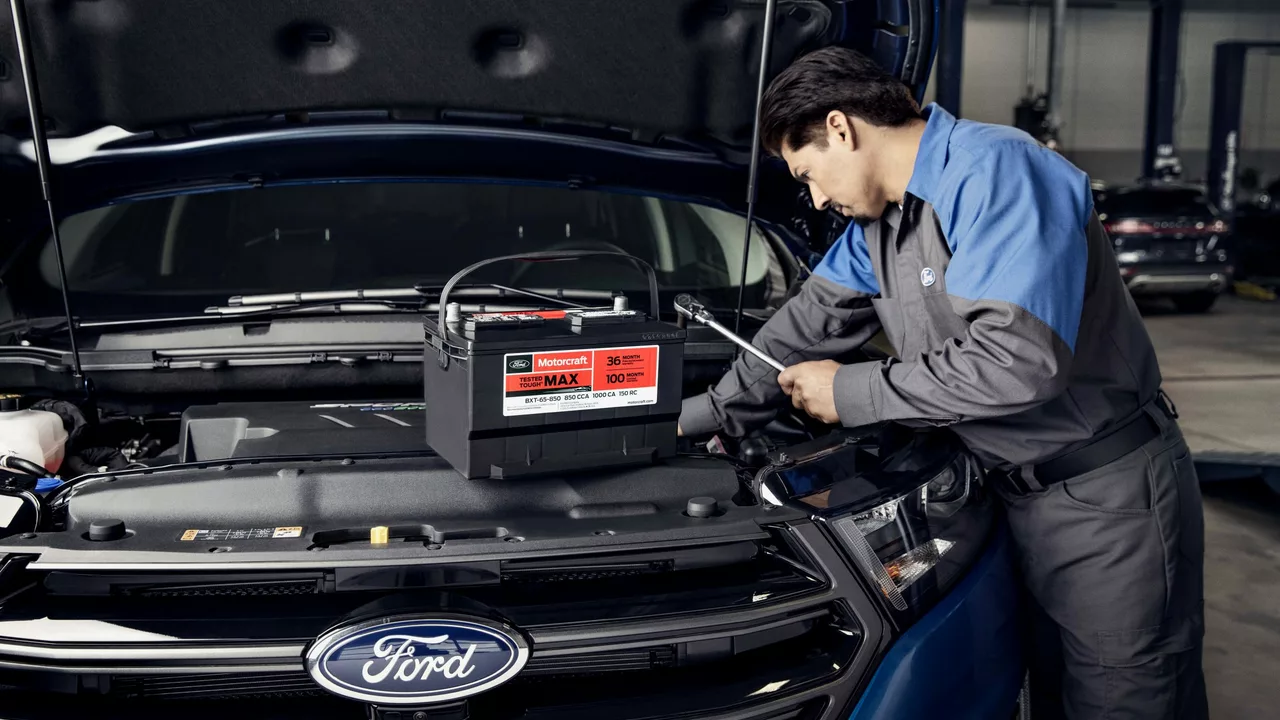Long‑Term Parking Made Simple
Need a place to leave your car for weeks or months? Whether it’s an airport, a stadium, or a storage lot, the right approach can save you cash and headaches. Below are the real‑world tricks most drivers forget.
Pick the Right Spot
Start by comparing three options: on‑site airport lots, off‑site private garages, and local self‑storage yards. On‑site lots are convenient but pricey. Off‑site garages often charge less and provide shuttle service. Self‑storage yards give the lowest rates but you’ll have to drive yourself. Check the nightly or weekly rate, any reservation fees, and whether the lot is covered or open‑air.
Lock In Savings
Most facilities offer discounts for early booking, weekly passes, or bulk days. Sign up for loyalty programs; they can shave 10‑20% off the usual price. If you’re staying longer than a month, ask about a flat‑rate deal – many places will give you a special price that beats the per‑day math.
Don’t forget to look for coupons online. A quick search for “long‑term parking + your city + coupon” can turn a $15‑a‑day lot into $8‑a‑day. Some credit cards also reimburse parking expenses, so check your benefits before you pay.
Secure Your Car
Choose a lot with good lighting, CCTV, and gated access. If the lot is uncovered, consider a car cover to protect against sun damage and bird droppings. Before you leave, take photos of your vehicle’s condition; they’re handy if you need to claim damage later.
Remove valuables from sight. Store anything you don’t need for the trip in the trunk, lock it, and keep the key with you. If you have a spare tire or tools, put them in the storage compartment so they’re not exposed.
Prep Your Car for the Long Haul
Fill up the gas tank to about ¾ full. A fuller tank reduces condensation and keeps the fuel system stable. Check tire pressure; under‑inflated tires can develop flat spots when parked for weeks. If you can, roll the car a few feet every few days to keep the brakes from seizing.
Turn off any electronic accessories and tighten the steering wheel lock. This limits battery drain and helps the car stay in place.
Plan Your Return
When you’re ready to pick up the car, have your reservation number ready. Some lots let you pay online in advance, so you can skip the cash line. If you’re using a shuttle, confirm the pickup time and location to avoid missing your ride.
Do a quick walk‑around before driving off. Look for any new dents, scratches, or fluid leaks. Spotting issues early can save you from bigger repair bills later.
Long‑term parking doesn’t have to be a gamble. By choosing the right facility, locking in discounts, and prepping your vehicle, you’ll keep costs low and your car safe. Next time you need to park for weeks, you’ll know exactly what to do.
Is it bad to not start your car for a week?
- Thomas O'Reilly
- Jul 22 2023
- 0 Comments
In exploring whether it's bad to not start your car for a week, I found it's generally not harmful. However, it can depend on factors like your car's age and battery health. Older vehicles or those with weaker batteries might have trouble starting after being idle for a week. Long periods of inactivity can also cause other issues, like tire flat spots. But for most modern cars, a week of no use shouldn't cause significant problems.
View More